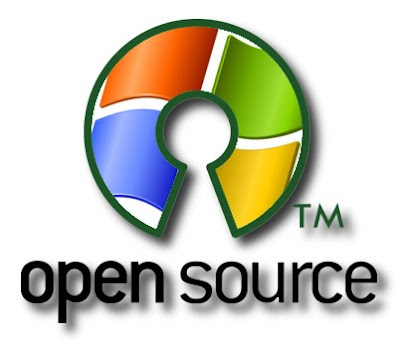Open source is a philosophy
which suggests that the source code behind something should be freely
available to the public. The principle originated in the software
industry in the late 1990s, with several releases of open source
software and operating systems, and it has since diffused into other
communities as well. There are a number of strong arguments for
releasing something in open source format, whether it be a recording, a
software tool, or an entire operating system.
The main advantage to open
source is that it allows end users to directly interact with the
source, potentially modifying it to suit their wishes. This encourages
constant development and innovation, while also creating a community of
shared information. Many companies which produce open source products
rely on the innovations of users to expand features and to identify and
fix potential weak points, and these companies actively encourage
modification of their products.
There are varying levels of
open source. In some cases, for example, an open source release may
have certain restrictions, in which case some people prefer the term
“shared source,” or “shared commons.” For example, someone may release a
recording in open source format, but ask people not to profit from
their retooling of the album. Many advocates of the open source
philosophy prefer truly open source, allowing people to do whatever
they want with the source code and the end product.
Some people mistakenly believe
that all open source material is also automatically free. This is not,
in fact, the case. Several companies manufacture open source products
which require people to pay for them, with the fees supporting
development of new products and additional features. It is also common
to see shared source licenses on things which people pay for. Apple
Computer, for example, releases some of its technology under open
source licenses.
Open Source has its critics,
especially in the intellectual property community. Most of these critics
argue that for open source development and distribution to really
work, a strong central organizer is needed, and it is not unreasonable
for major developers to expect compensations for their work on open
source projects. When material is truly open source, however, it is
challenging to figure out how to structure such compensations, and this
often leads to tangled issues with shared licenses and restrictions
which some people find chafing.
















No comments:
Post a Comment